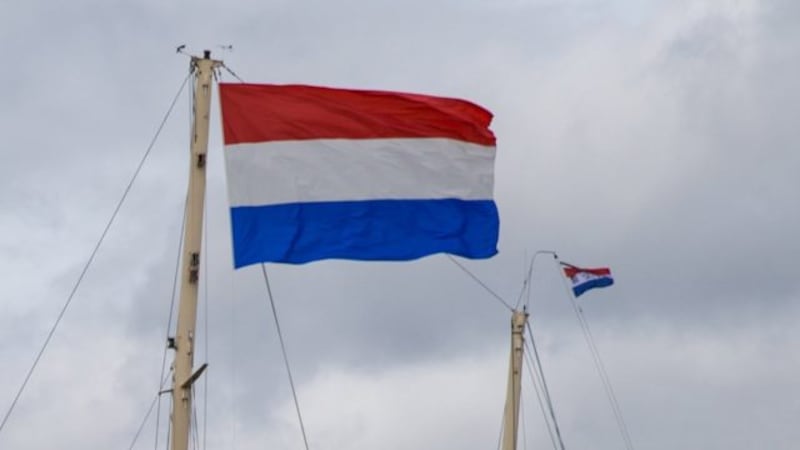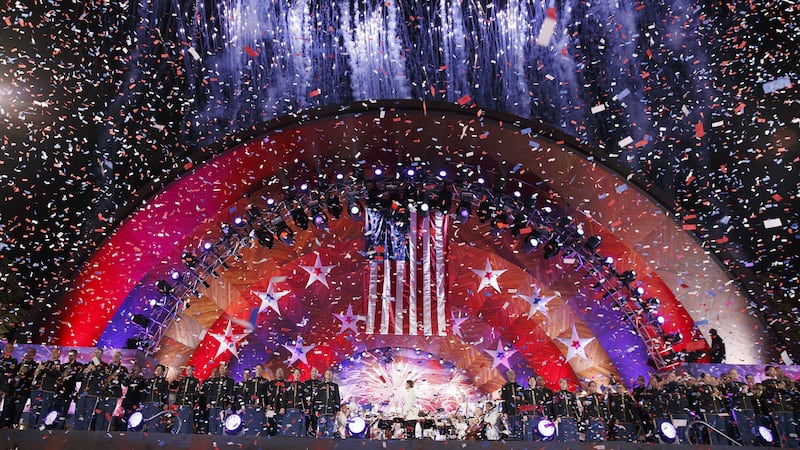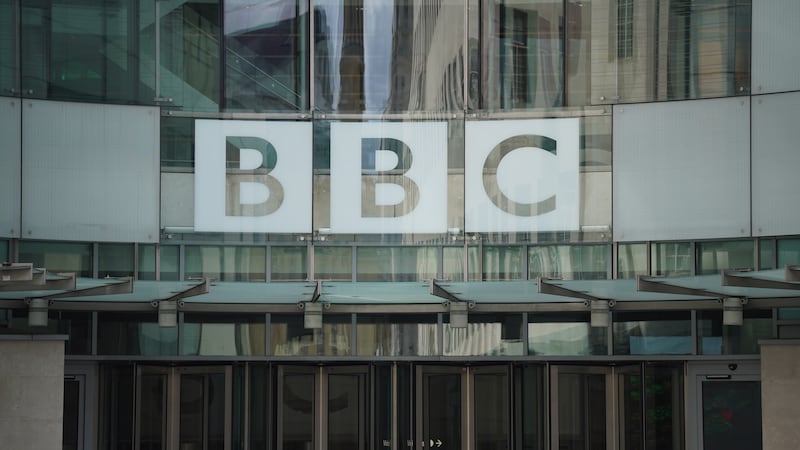American patriots seize on the Fourth of July to let loose and champion all that makes their nation great, on the day which celebrates the country’s independence from the British Empire centuries ago.
But for many, the nationalistic holiday brings to the surface the flaws of the “land of the free and the home brave” where not all citizens are treated equal.
It’s 165 years since Frederick Douglass, an African-American abolitionist, delivered his “What to a slave is the 4th of July?” speech – contrasting the values of American society such as freedom and citizenship, with the cruel captivity of black slaves.
However, amid ever-present racial tension and disparity, many black and Latino residents still feel at odds with the connotations of the day.
Happy white peoples independence day the slaves weren't free but I'm sure they enjoyed fireworks
— Chris Rock (@chrisrock) July 4, 2012
Native Americans also observe their own holidays on July 4, not least because the United States Declaration of Independence, which proclaimed that “all men are created equal”, referred to the indigenous population as “merciless Indian savages”.
Here are four more holidays with a controversial past.
Commonwealth Day
Usually observed on the second Monday of March, the yearly celebration of Commonwealth countries – some 52 former British colonies – has a contentious past.

The holiday, formerly called Empire Day, was first introduced in Canada in the late 19th Century, but came to England in the early 1900s and was promoted throughout Commonwealth nations and the UK.
Empire Day would see schoolchildren across the British Empire saluting the Union Jack flag and singing the British national anthem, while being encouraged to display their pride as members of the British Empire.
However, with the fall of the Empire and colonised nations looking to gain independence from Britain, the significance of the holiday declined and it was renamed Commonwealth Day in 1958.
Themes of the Commonwealth celebration over the past 20 years have been centred around unity and have included topics such as “Diversity”, “The Environment, Our Future” and “Women as Agents of Change”.
Columbus Day (US)
The October 12 holiday is celebrated annually across the US and some Latin American countries including Uruguay and Belize, to commemorate the “discovery of the New World” by Christopher Columbus in 1492.
However, not all American states observe the holiday – Hawaii, Alaska and Vermont included. These states are among a few that have carried out alternative celebrations which recognise indigenous populations, and so observe holidays such as Native American Day or Indigenous People’s Day instead.
the momentary discomfort of not getting Columbus Day off is inevitably replaced by relief that your workplace doesn't celebrate Columbus Day
— Kevin O'Keeffe (@kevinpokeeffe) June 29, 2017
Although a stance against the holiday has been taken since the 1800s, most opposition is now led by anti-colonial sentiment with regards to the treatment of the Native American population by Europeans, following Columbus’s arrival to North America.
Advocacy groups, such as the American Indian Movement, argue that the celebrations whitewash the devastating consequences of European colonisation and erase Native American history.
Criticisms have also been raised about Columbus, who enslaved and oversaw the deaths in captivity of hundreds of Arawak people from South America and was considered ruthless in his colonial ambition.
Earth Day
Companies large and small have taken greater strides to improve their green credentials in recent decades.
But there are concerns over Earth Day becoming too “corporate” and fickle, with some companies appearing environmentally-friendly for one day out of 365.
Today on Earth Day, we celebrate our beautiful forests, lakes and land. We stand committed to preserving the natural beauty of our nation.
— Donald J. Trump (@realDonaldTrump) April 22, 2017
Donald Trump’s celebratory tweet, expressing his commitment to “preserving the natural beauty” of his country is at odds with his decision to pull the US out of the Paris Climate Agreement only a few weeks later.
Some firms have been accused of hypocrisy over their celebration of the April 22 holiday, using it as a opportunity to cash in on the celebrations and appeal to their eco-friendly consumers.
In 2014, US oil firm ExxonMobil encouraged its Twitter followers to save energy and reduce their carbon footprint with a quiz. Yet, the firm was responsible for the 2013 Mayflower Oil Spill which saw more than 500,000 litres of crude oil flood an Arkansas city.
Want to reduce your environmental footprint? Learn some #energy savings tips through our #EnergyQuiz http://t.co/Z1OqcWu4vZ #EarthDay
— ExxonMobil (@exxonmobil) April 22, 2014
However, there are some companies who are using the day to implement sustainable, long-term solutions to reduce their environmental footprint, such as clothes retailer Gap, who in 2017 released a series of eco pledges.
St Nicholas/ Sinterklaas
The feast of Sinterklass, observed on December 6 in the Netherlands, Belgium, Luxembourg and Northern France, along with former Dutch territories, courts controversy over the use of blackface.

Based on Saint Nicholas, the Greek Bishop who inspired Santa Claus, the figure is highly controversial and has been accused of perpetuating racism, as the figure’s companion, known as Zwarte Piet (Black Peter) is often played by a white person wearing colourful clothes, a ruffled collar and a darkened face.
Zwarte Piet’s character, who is of North African origin from Spain, courts much controversy each year as images emerge of various depictions of white people wearing blackface and red lipstick.
While the Dutch continue to depict Black Peter with a darkened face – with some justifying it by saying his face is darkened with soot – many question the place for such a crude impression of the character.








